Salt has really gotten a bad reputation over the last few decades. It’s been pegged as a culprit in hypertension (high blood pressure) and many people across the nation are on a low salt diet.
Some food companies are so dedicated to producing low-salt foods that they end up making no-taste foods. I tested a gluten-free processed dinner and it was absolutely terrible until we added about a teaspoon of salt. Then it was excellent.
[wp_ad_camp_1]
Low salt not only means low flavor, but too little salt can lead to death quicker than an adequate salt intake.
What Is Salt?
Salt is mainly two minerals, sodium and chloride. It is found in seawater and in mineral deposits within the earth, which are from ancient seas – therefore all salt is really “sea salt” at its origins!
Our Bodies Need Salt
We all know our bodies are made up of mostly water, but did you know it’s actually salt water, with a very similar composition to the ocean? That’s why when someone is ill, they receive a saline, or salt-water, solution, directly into their bloodstream.
Salt is Actually Essential To Life:
Salt is necessary to retain hydration, the reason why salt is in things like Gatorade and other electrolyte drinks doctors use to treat patients suffering from dehydration, diarrhea, etc.
Salt is key to carrying babies to term.
Salt regulates blood sugar, important for diabetics not to have low salt intake.
Salt contributes to a healthy thyroid because of iodine.
Salt acts as an antihistamine.
It’s even a sleep aid! A few grains in a glass of water before bed helps you sleep more soundly.
It’s certainly important to mention that many people, processed food eating Americans in particular, get too much sodium, and the wrong kind. Salt, like many other foods, has a “real” or “whole foods” way to find it and a “fake” or “processed” version.
Why Are There Different Salts?
If all salt is ultimately “sea salt,” what’s the big deal with the million kinds of salt you can find in a specialty store?
Some salts are different simply for their flavor or texture, intended for the gourmet cook to be able to choose the right salt for a given dish.
However, on the nutritional spectrum, there are three main categories of salt worth exploring:
Table Salt
The common white salt you’re use to. Table salt is only sodium and chloride, usually mined from rock salt or seawater. It then has the other naturally occurring minerals stripped from it, which are often sold to vitamin companies at a premium price.This refining results in a bitter taste, which is one reason for the fillers, including dextrose (good old corn sugar).
Anti-caking agents are also usually added, and it’s sprayed with synthetic iodine to make up for the minerals taken out. (More below) Any anti-caking agent serves to prevent absorption of water, which defeats salt’s purpose to help our bodies retain water. They’re not good for us!
Sea Salt
The label “sea salt” feels to me more of a marketing campaign strategy to convince people to pay a higher price for “health food” than a helpful statement of truth. Again, since all sodium chloride ultimately came from a sea at some point, all salt is sea salt.
The common white sea salt sold for 2-3x the price of iodized table salt is refined in a similar way to table salt, removing most of the minerals in the process. White sea salt is no healthier than table salt, and is lacking the iodine that your body does need.
Unrefined Sea Salt
Harvested sea salt that is not refined actually has over 60 different minerals in it (instead of TWO). As usual, when we take something out of a natural food product, we end up with problems (see below on high blood pressure). The balance God created in salt is key.
Why we’re surprised by that I don’t understand. Unrefined salt will usually be colorful, with shades of pink, brown, or grey, depending on the source. Some brands that help you make sure you’re getting real, unrefined sea salt include Real Salt, Celtic Sea Salt, and Himalayan Salt.
We’ll talk Monday about the differences in the three.The bottom line is that real, unrefined sea salt provides a natural balance of minerals that keeps us healthy instead of making us sick.
Source: kitchenstewardship.com

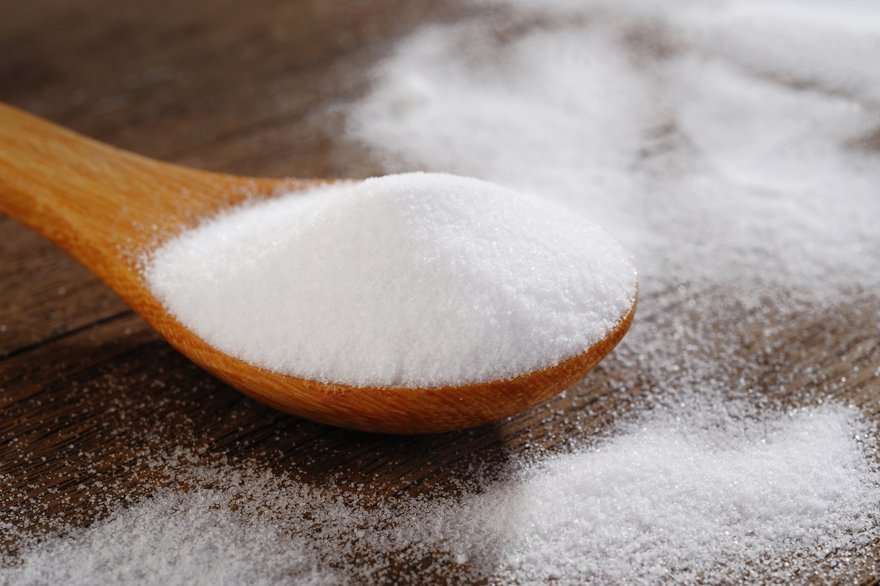
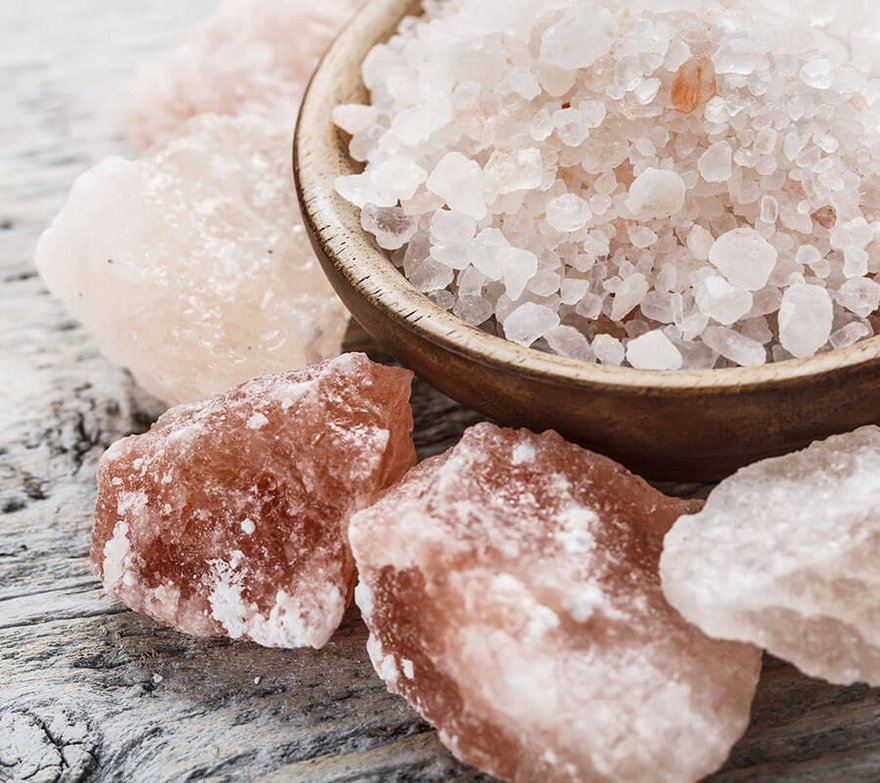
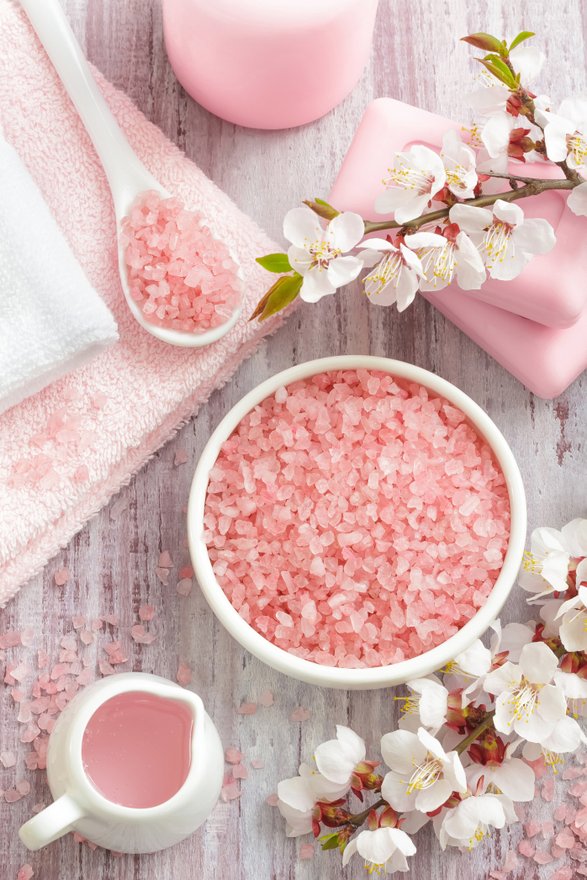
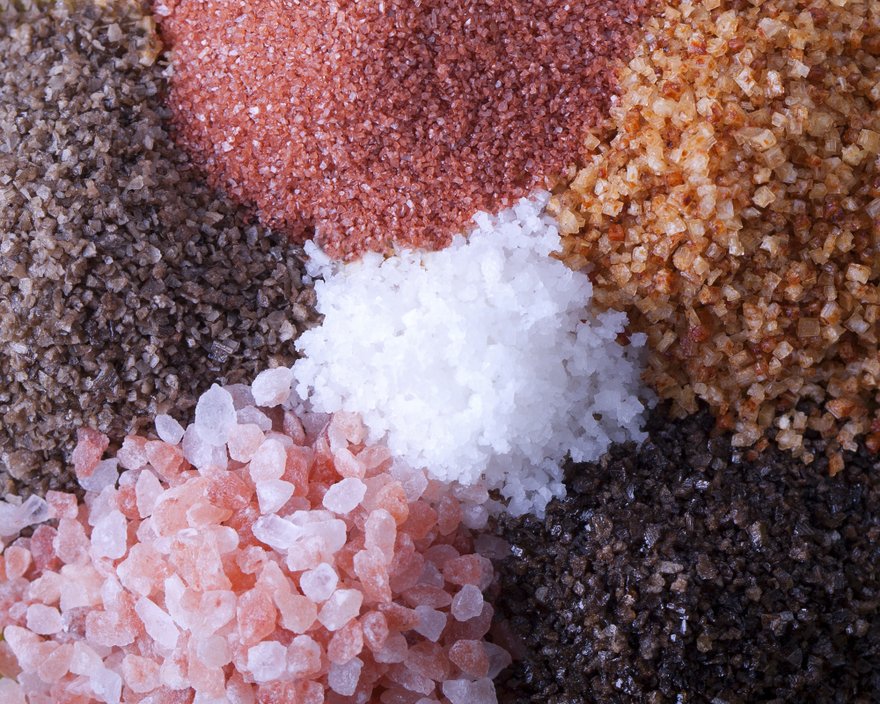
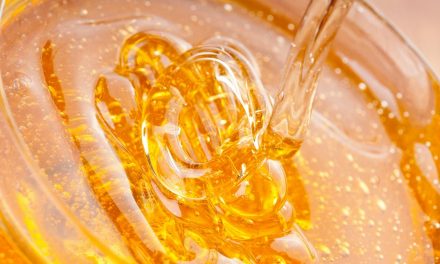
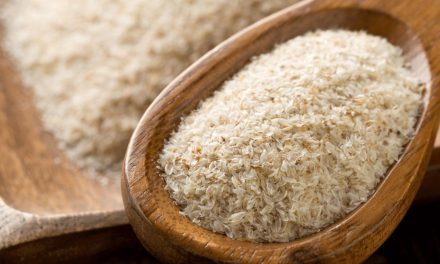
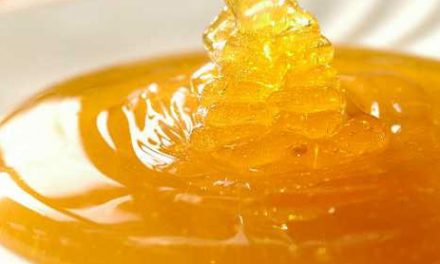






You would have explained the six varieties of salts according to ayurveda,their chemical composition,their availability in the market and their health benefits in detail
Informative
it is nice article promoting importance of salt. people advocate salt brings death which is termed in Telugu’ uppu muppu’ It is not always true and it is relative. thanks .this article relieves people the fear of use of salt. the variety in salt is really informative . people should choose salt relevant to their need and circumstances. without salt life is no enjoyment. Best one enjoys normal health to consume nature gifts.